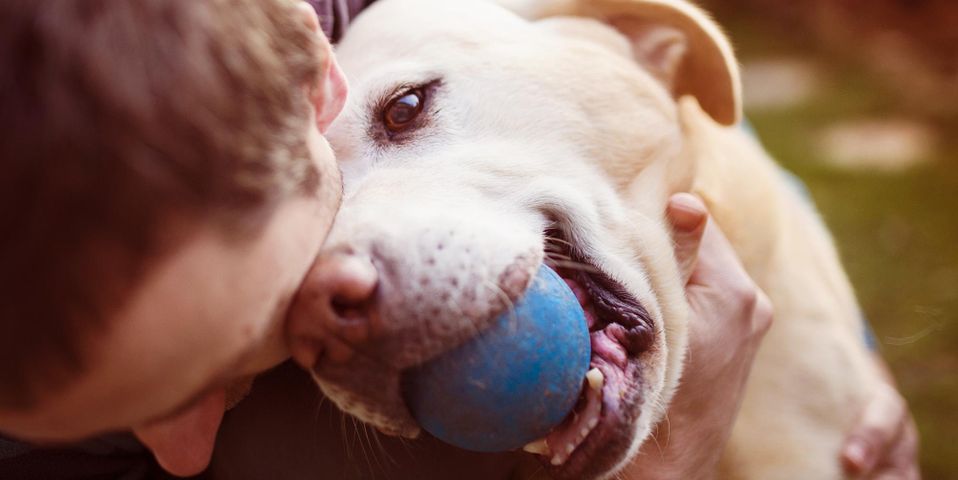
Canine influenza is a serious and highly contagious respiratory illness occurring in dogs throughout the U.S. It has been traced to two separate flu strains, including H3N8, which was first discovered in 2004, and H3N2 was reported in 2015. Thousands of canines have developed the illness in recent years, which is why dog owners should familiarize themselves with risks, pet vaccinations, and other need-to-know prevention tactics. Discover some frequently asked questions about the illness and their responses below.
4 Commonly Asked Questions About Canine Influenza
What Are the Symptoms?
Canine flu can occur in both a mild and severe form. In the former, dogs experience a persistent cough, which may be accompanied by fever, reduced appetite, and nasal or eye discharge. In its severe form, a high fever occurs, as well as pneumonia symptoms such as labored or hastened breathing.
How Is the Disease Treated?
The appropriate course of treatment will depend on the severity of the illness. Often, medications are prescribed to treat the symptoms or secondary infections caused by canine influenza, such as dehydration or pneumonia. In severe cases, hospitalization may be needed to ensure the dog has proper fluids. Most dogs make a full recovery within three weeks.
What Are My Dog’s Risks?
At least one strain of the canine flue has been reported in all but four states, and because of its widespread nature, experts agree that dogs of any breed, age, or health status are susceptible to the infection. The disease can be transmitted through surfaces shared by infected dogs, as well as direct contact. Thus, dogs that interact with other canines in shared facilities face a greater risk than those that spend most of their time at home.
Are Pet Vaccinations Available?
 Like many other serious canine illnesses, pet vaccinations are available for one strain of the disease. In 2009, a vaccine for H3N8 was approved, and most veterinarians now administer the shot based on an individual, as-needed basis. Lifestyle factors, such as your dog’s exposure to other pets, may be evaluated by your veterinarian when determining candidacy for this pet vaccination.
Like many other serious canine illnesses, pet vaccinations are available for one strain of the disease. In 2009, a vaccine for H3N8 was approved, and most veterinarians now administer the shot based on an individual, as-needed basis. Lifestyle factors, such as your dog’s exposure to other pets, may be evaluated by your veterinarian when determining candidacy for this pet vaccination.
If you’re concerned about your dog’s risk for developing canine influenza, don’t hesitate to contact the caring team from Clermont Animal Hospital in Batavia, OH. This trusted veterinary clinic has served pet owners throughout the community for more than 35 years. Offering preventive care such as pet vaccinations and 24/7 emergency services, this facility is your one-stop shop for comprehensive pet care. Learn more about the office by visiting their website, and call (513) 732-1730 to contact a staff member.
About the Business
Have a question? Ask the experts!
Send your question

